Heart bypass surgery may be an appropriate treatment for patients with coronary artery disease combined with symptoms that limit regular activities.
The goal of bypass surgery is to improve blood flow to the heart, which can relieve symptoms like chest pain and shortness of breath. This allows many people to go back to a normal lifestyle with a lower the risk of a heart attack or other heart problems.
Skill and experience matter, especially when it comes to heart bypass surgery. The knowledge and techniques of Adventist Health Northwest Heart Center surgeons show in our outcomes. For example, the average hospital stay for our patients is 4.7 days, compared with the national average of 6.8 days.
What does CABG surgery involve?
In coronary artery bypass graft (CABG) surgery, a healthy artery or vein is grafted to the coronary artery to detour blood around the blocked or narrowed portion. This creates a new route (a bypass) for blood and oxygen to reach your heart.
The healthy artery or veins are used from another part of the body, typically from inside the chest wall. They sometimes come from the lower arm or the leg.
At Adventist Health Northwest Heart Center, CABG surgery is performed in one of the following ways:
- Traditional CABG surgery: This involves an incision of the breastbone to open the chest cavity. A heart-lung machine (also called a cardiopulmonary bypass machine) takes over the function of the heart and lungs during the surgery.
- Off-pump, or “beating heart,” coronary artery bypass surgery: This also involves an incision of your breastbone to open the chest cavity, but the heart-lung bypass is not used. Instead, special devices stabilize the part of the heart the surgeon is operating on.
- Minimally invasive direct CABG (MIDCAB): Using robotic assistance, the surgeon makes a tiny incision on the left side of the chest, opening a small area between two ribs to access the blocked artery. While the heart is still beating, the surgeon grafts a detour around the blocked artery through this small incision.
- Hybrid procedure: This combines a catheter-based procedure (for example, a stent placement) performed by an interventional cardiologist and a MIDCAB performed by a cardiac surgeon.
Because each patient is unique, your surgeon and medical team will work with you to decide which surgical approach is best for you and your situation.
Am I a candidate for CABG?
CABG can relieve several types of heart symptoms. You may be a good candidate if:
- You have severe chest pain — even during light exercise or when you’re resting — that’s caused by narrowing of more than one of the arteries that supply blood to your heart muscle
- More than one of your coronary arteries is narrowed or blocked and your left ventricle — the main pumping chamber of the heart — doesn’t function well.
- Your left main coronary artery, which supplies most of the blood to the left ventricle, is severely narrowed or blocked.
- You have a blockage for which angioplasty is not appropriate, you’ve previously had angioplasty or stent placement that didn’t work, or you had a stent placed but the artery has narrowed again (a condition called restenosis).
Bypass surgery also may be performed in emergency situations, such as a heart attack.
What to expect after CABG surgery
It’s important to understand that bypass surgery doesn’t cure the coronary artery disease that caused your blockages. That’s why lifestyle changes like diet, exercise and stress management are integral to your treatment after surgery. It’s also routine to take medications that lower your cholesterol and reduce your risk of developing blood clots.
We recommend starting cardiac rehabilitation four weeks after you leave the hospital. This medically supervised program includes exercise training, education on heart-healthy living and counseling to reduce stress and help you return to an active life.
See for yourself how our exceptional care leads to top-quality CABG outcomes.
To learn more about our approach to CABG, or to get a second opinion about your options, call us at 503-261-4430.

